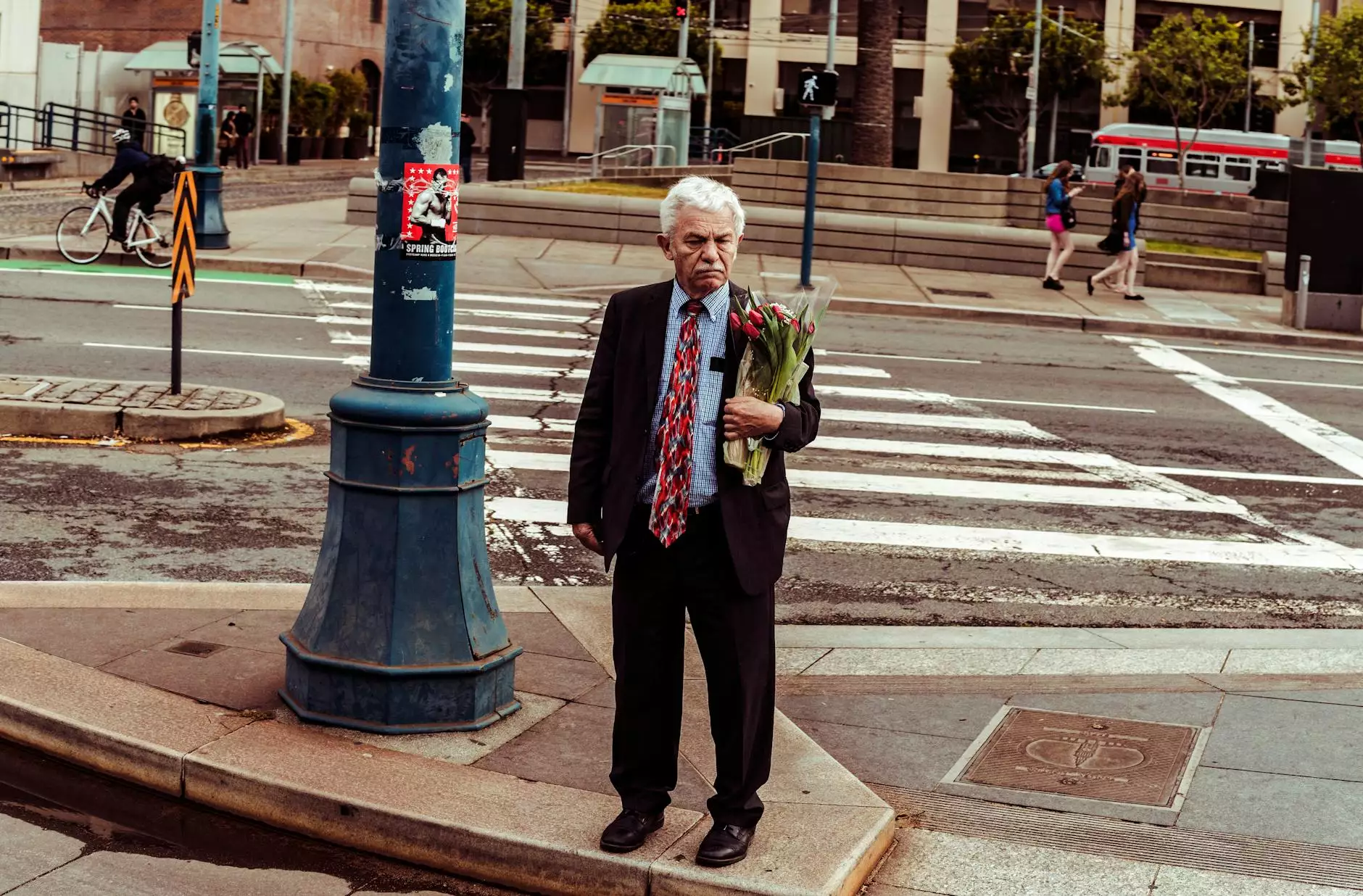Lucien Carr in 1944

The Fascinating Story Behind the Murder That Almost Wasn't
In 1944, Lucien Carr found himself at the center of a gripping tale that captivated the community and society at large. This remarkable story sheds light on the complexities of human nature and the decisions that can shape our lives.
The Early Years
Lucien Carr was born on March 1, 1925, in New York City. Growing up in a vibrant city known for its artistic and intellectual energy, Carr was exposed to a myriad of influences that would later shape his character and choices.
During his time at Columbia University, Carr became acquainted with fellow students Jack Kerouac, Allen Ginsberg, and William S. Burroughs. This group would go on to be known as the Beat Generation, renowned for their countercultural attitudes and literary contributions.
The Murder That Almost Wasn't
In the summer of 1944, Carr's life took a dramatic turn when he befriended David Kammerer, a former teacher of his. Kammerer had developed an unhealthy obsession with Carr and had been pursuing him relentlessly.
Feeling trapped and threatened, Carr confronted Kammerer in Riverside Park, resulting in a tragic altercation that led to Kammerer's death. The events that unfolded that fateful night would become the foundation for a riveting murder trial.
The Trial and Its Aftermath
Carr was charged with first-degree manslaughter, and his trial became a media sensation, capturing the attention of the community and society as a whole. His defense team presented an argument around the concept of "the honor slaying," asserting that Carr had acted in self-defense to protect his own life and reputation.
The trial ended with a plea of guilty to a lesser charge of manslaughter in the second degree. Carr was sentenced to a term of one to twenty years in prison but was released on parole after serving just under two years. This turn of events left many bewildered and sparked debates about justice and the nature of the crime committed.
The Legacy of Lucien Carr
Lucien Carr's story remains a captivating chapter in the history of the Beat Generation and the cultural landscape of the 1940s. The impact of his actions and the subsequent trial reverberated through the literary world, inspiring future works by his Beat Generation colleagues.
While Carr distanced himself from the Beat Generation after his release, he continued to engage with the community and society in meaningful ways. He established a successful career as an editor and writer, leaving behind a lasting imprint on the world of journalism and publishing.
Remembering Lucien Carr
Today, Lucien Carr's story serves as a reminder of the complexities of human relationships, the consequences of our choices, and the power of the written word. His impact on the community and society cannot be understated, and his fascinating story will continue to captivate those who seek to understand the dynamics of the Beat Generation and the individuals who shaped it.
Join La Historia Society and Uncover More Stories
La Historia Society is committed to preserving and sharing captivating stories from various walks of life. Our mission is to celebrate the diverse narratives that have shaped our past and continue to inform our present and future.
Visit our website to explore more intriguing tales, learn about influential figures, and connect with a community driven by a shared passion for storytelling. Together, let's unravel the threads that form the tapestry of our vibrant history.









